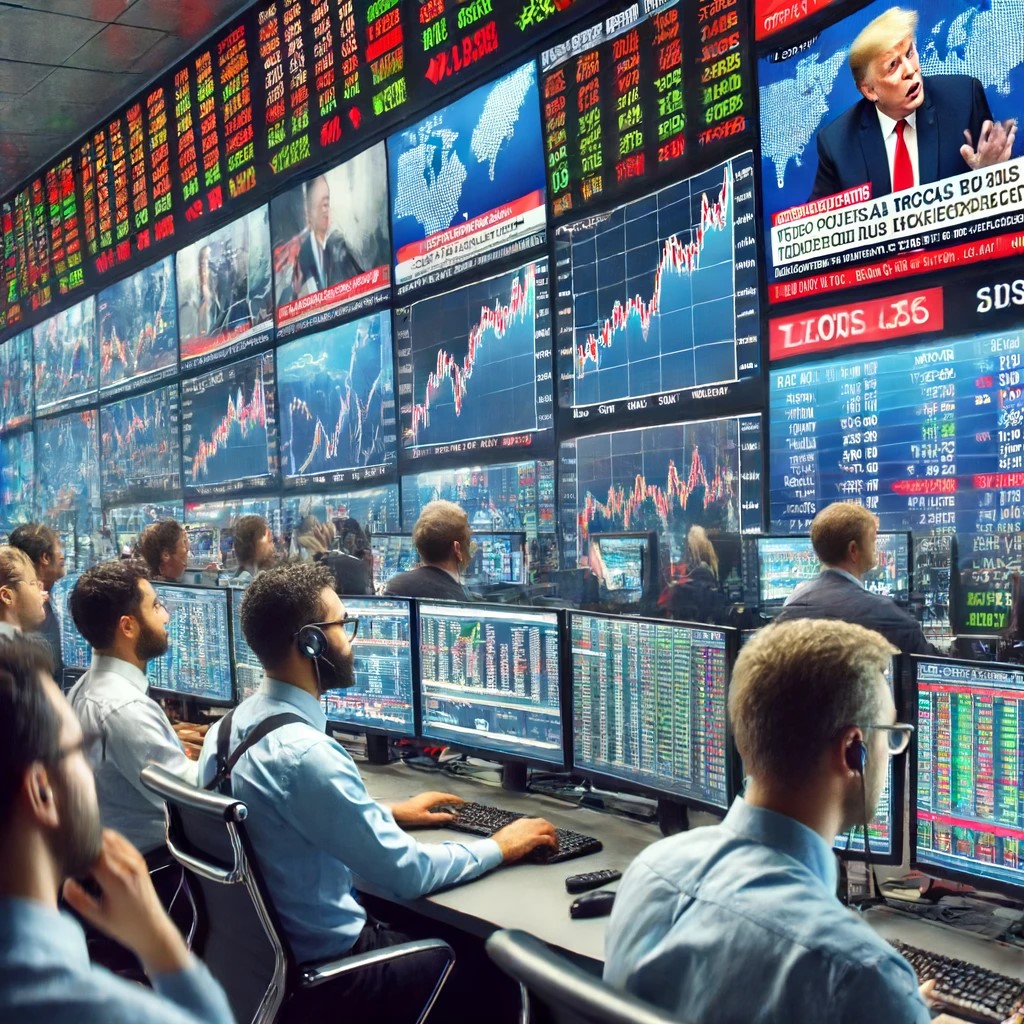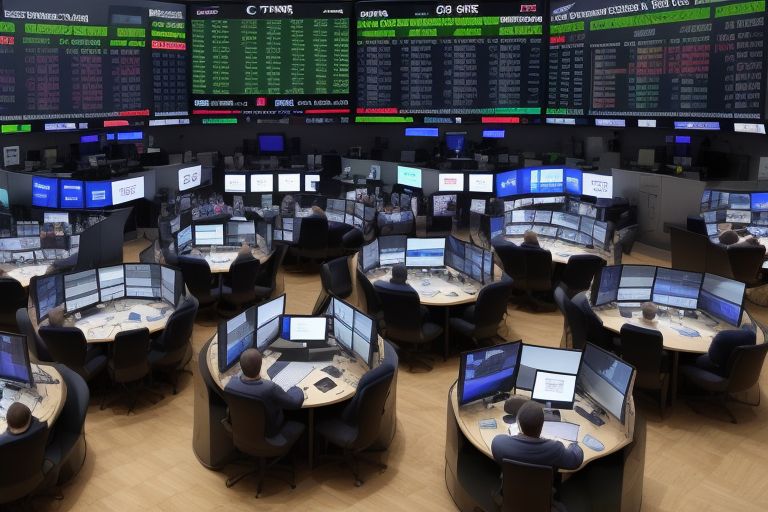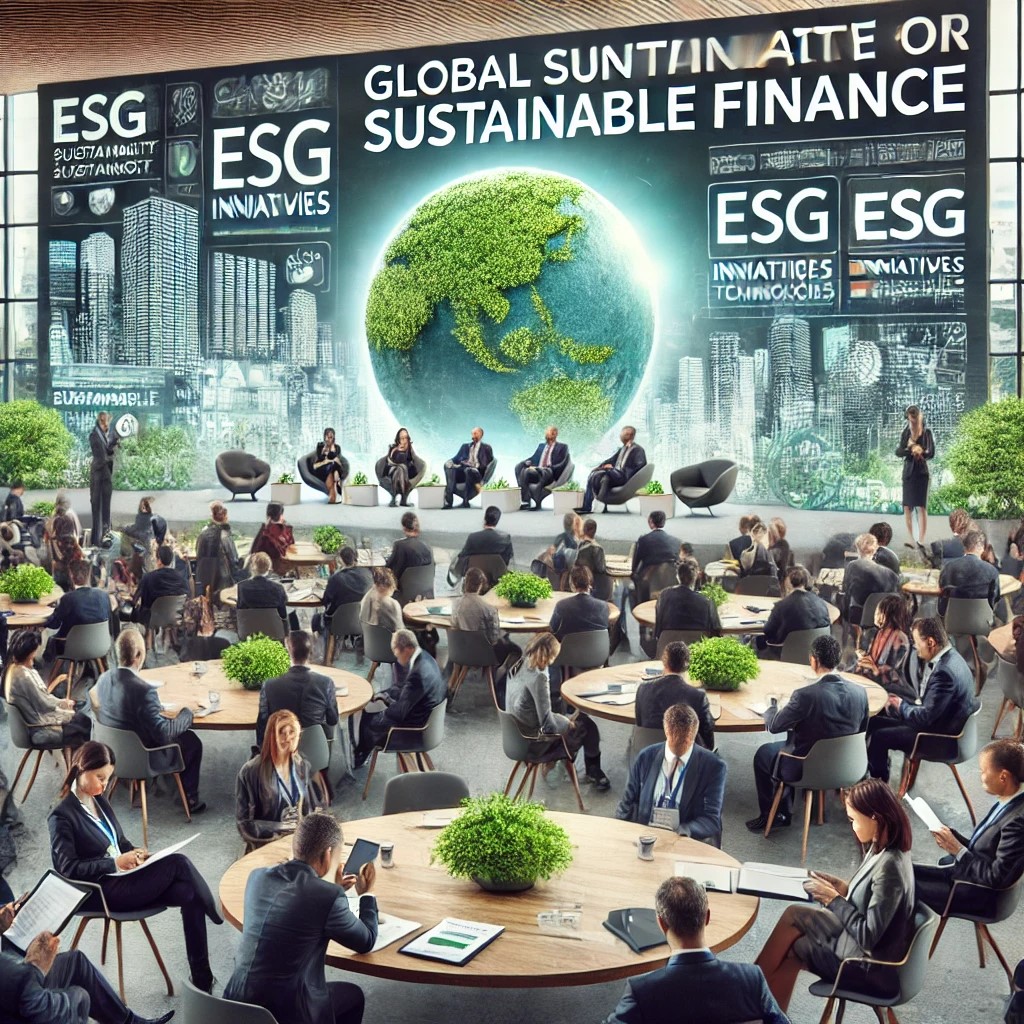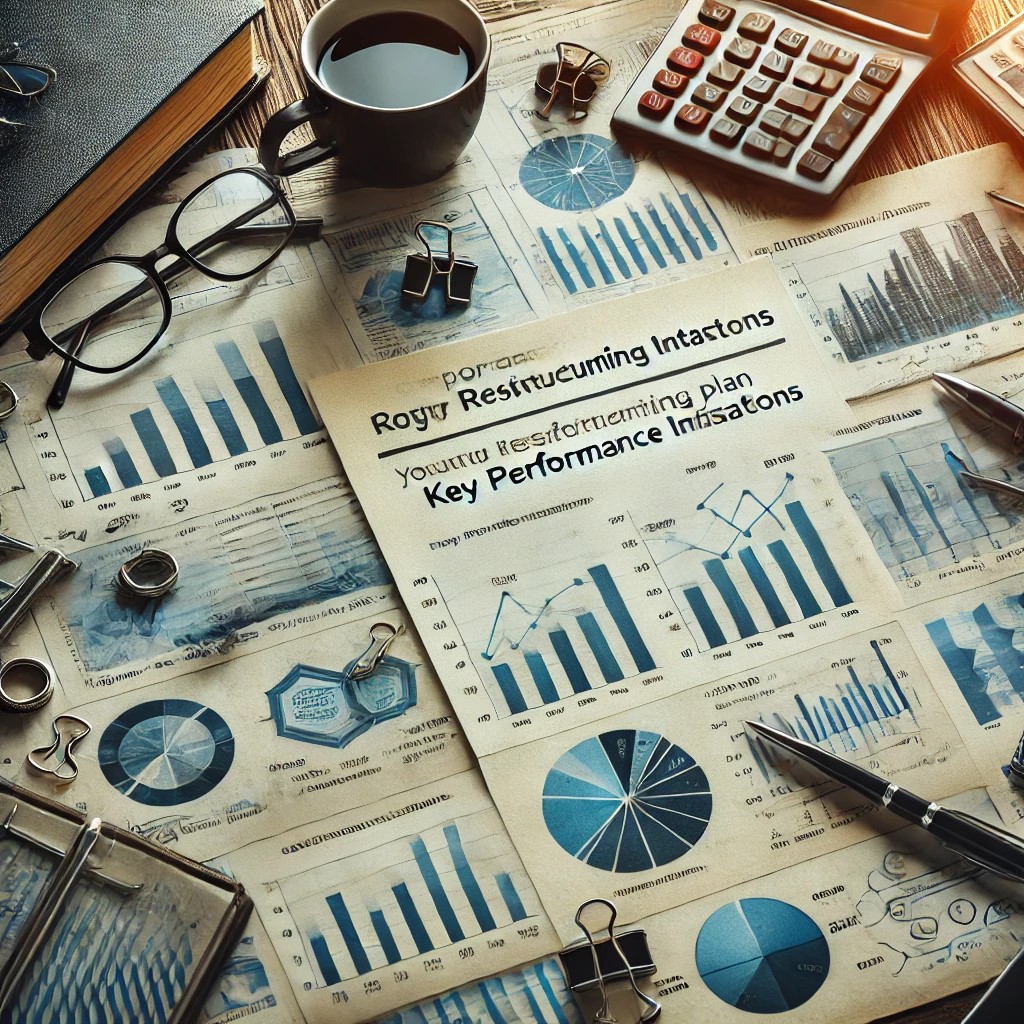Political instability, characterized by governmental changes, social unrest, or conflict, can significantly impact global financial markets. Investors and financial analysts closely monitor such developments, as they can lead to high volatility and risk across various investment landscapes. This article examines how political instability influences global markets, explores current trends, and anticipates future implications.

Impact of Political Instability on Financial Markets
Political instability can affect financial markets in several profound ways:
1. Market Volatility:
Political unrest typically triggers market volatility. Investors, wary of potential risks, may pull back their investments or seek safer assets like gold or government bonds, leading to fluctuations in stock and commodity markets.
2. Currency Devaluation:
Countries experiencing political turmoil often see their currencies devalue due to decreased investor confidence and economic uncertainty. This devaluation can lead to higher inflation rates and reduced purchasing power, compounding economic challenges.
3. Impact on Investment:
Long-term investments in regions with political instability are often viewed as high-risk, leading to decreased foreign direct investment (FDI). Investors might delay or cancel projects, and international companies may reduce their operations, stifling economic growth.
4. Regulatory and Fiscal Policy Uncertainty:
Political instability can lead to unpredictable changes in fiscal and regulatory policies. Businesses find it difficult to operate under such uncertainty, and the lack of clear policy direction can inhibit both domestic and international investment.

Current Trends Influencing Global Financial Markets
Recent years have seen several instances where political events directly impacted global markets:
1. Trade Policies and Sanctions:
Ongoing trade tensions between major economies like the USA and China, or sanctions against countries like Russia and Iran, illustrate how political decisions resonate across global markets, affecting everything from commodity prices to stock market indices.
2. Elections and Government Policies:
Elections in significant economies often lead to market volatility. For example, the uncertainty regarding policy directions before and after elections can cause significant market swings, as seen in the U.S. presidential elections or Brexit.
3. Geopolitical Conflicts:
Conflicts, such as those in the Middle East or the Russia-Ukraine conflict, not only affect regional markets but also have a global impact through disruptions in oil supplies, increased security risks, and shifts in geopolitical alliances.

Future Predictions for Financial Markets Amid Political Instability
1. Increased Market Resilience:
Markets may become more resilient to political shocks as investors and businesses grow accustomed to navigating these challenges. Diversification strategies and investment in stable regions or sectors may increase to hedge against potential risks.
2. Greater Emphasis on Sustainable and Ethical Investment:
Investors are increasingly considering the stability and governance of countries as criteria for investment. Sustainable and ethically governed regions may attract more investment, prompting countries to strive for political stability to secure economic growth.
Conclusion
Political instability remains a significant challenge for global financial markets, influencing investor confidence and economic activities worldwide. By understanding these impacts and trends, investors can better navigate the complexities of investing in a politically volatile world, potentially mitigating risks and capitalizing on opportunities that arise from such disturbances.

The Role of Financial Institutions in Infrastructure Development

The Role of Blockchain in Transforming Traditional Banking

Understanding the Role of Financial Planning in Wealth Accumulation

Crypto and Stocks: Diversifying Portfolio in the Digital Age

Turning Your Crypto into Cash Cows: A Guide to Lending

The Rise of Sustainable Finance: Principles, Trends, and Market Impact

The Role of Corporate Restructuring in Financial Performance
